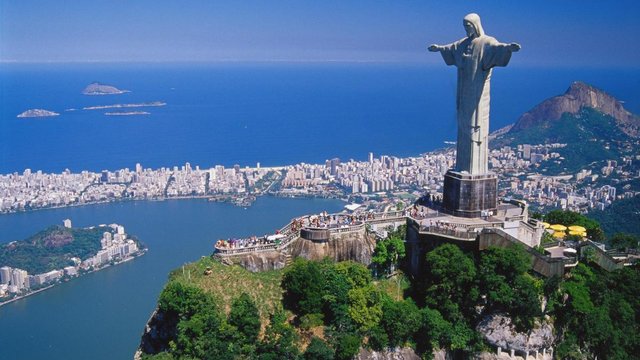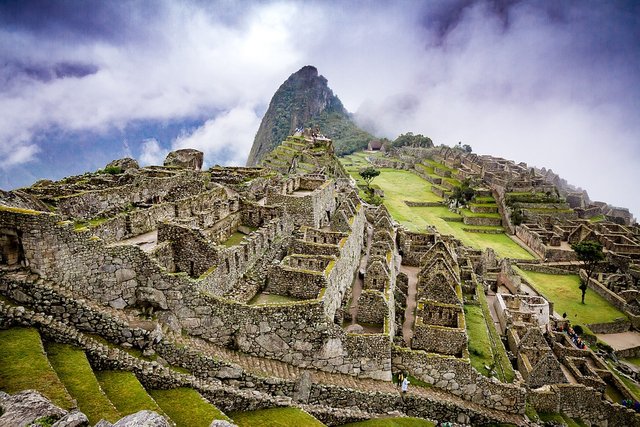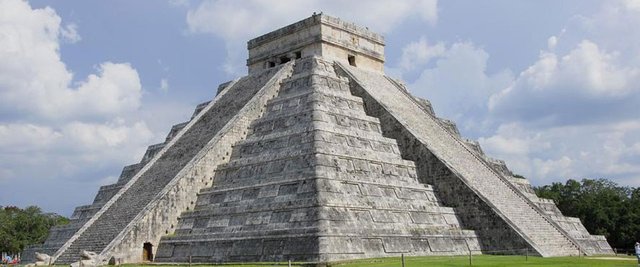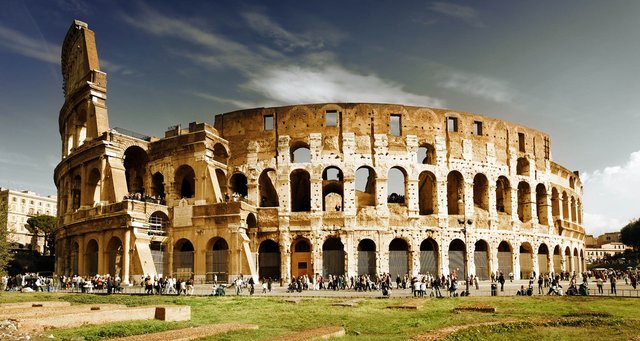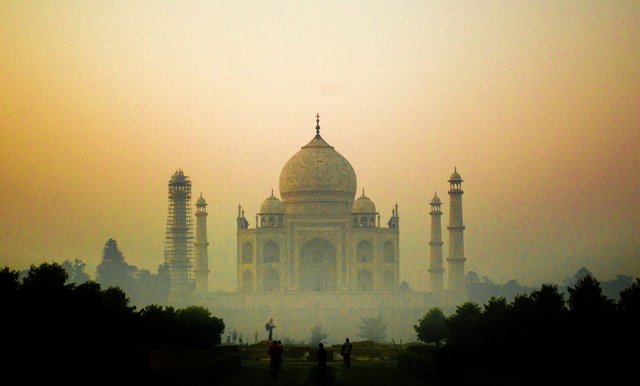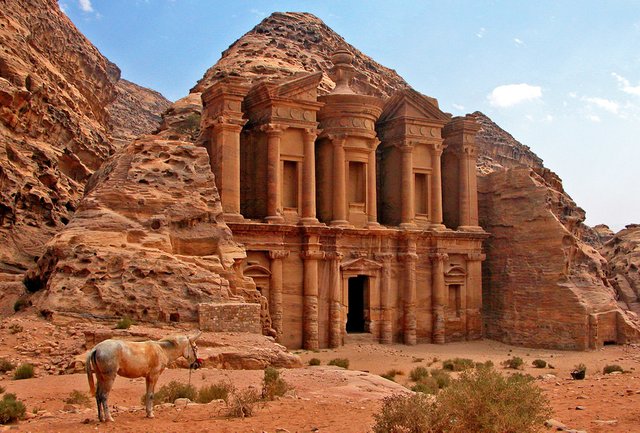New Seven Wonders of the World
In 2007, in excess of 100 million individuals voted to proclaim the New Seven Wonders of the World. The accompanying rundown of seven victors is displayed without positioning and intends to speak to worldwide legacy.
Great Wall of China (China)
Worked between the fifth century B.C. Furthermore, the sixteenth century, the Great Wall of China is a stone-and-earth fortress made to ensure the fringes of the Chinese Empire from attacking Mongols. The Great Wall is really a progression of various dividers spreading over around 4,000 miles, making it the world's longest artificial structure.
Christ the Redeemer Statue (Rio de Janeiro)
The Art Deco-style Christ the Redeemer statue has been approaching over the Brazilians from upon Corcovado mountain in a sensational condition of endless gift since 1931. The 130-foot strengthened cement and-soapstone statue was composed by Heitor da Silva Costa and cost around $250,000 to manufacture - a significant part of the cash was raised through gifts. The statue has turned into an effortlessly perceived symbol for Rio and Brazil.
Machu Picchu (Peru)
Machu Picchu, an Incan city of shining rock problematically roosted between 2 transcending Andean pinnacles, is thought by researchers to have been a hallowed archeological place for the close-by Incan capital of Cusco. Worked at the pinnacle of the Incan Empire in the mid-1400s, this mountain fortification was later surrendered by the Incas. The site stayed obscure but to local people until 1911, when it was rediscovered by paleontologist Hiram Bingham. The site must become by foot, prepare or helicopter; most guests visit via prepare from adjacent Cusco.
Chichen Itza (Yucatan Peninsula, Mexico)
The genius and adaptability of Mayan culture can be seen in the splendid ruins of Chichen Itza. This powerful city, a trading center for cloth, slaves, honey, and salt, flourished from approximately 800 to 1200 and acted as the political and economic hub of the Mayan civilization. The most familiar ruin at the site is El Caracol, a sophisticated astronomical observatory.
The Roman Colosseum (Rome)
Rome's, if not Italy's, most persevering symbol is without a doubt its Colosseum. Worked between A.D. 70 and 80 A.D., it was being used for somewhere in the range of 500 years. The circular structure sat almost 50,000 observers, who assembled to watch the gladiatorial occasions and in addition other open scenes, including fight reenactments, creature chases, and executions. Tremors and stone-looters have left the Colosseum in a condition of demolishing, yet parts of the structure stay open to vacationers, and its outline still impacts the development of cutting-edge amphitheaters, somewhere in the range of 2,000 years after the fact.
Taj Mahal (Agra, India)
A sepulcher authorized for the spouse of Mughal Emperor Shah Jahan, the Taj Mahal was worked somewhere in the range of 1632 and 1648. Thought about the absolute best example of Muslim craftsmanship in India, the white marble structure really speaks to various building styles, including Persian, Islamic, Turkish and Indian. The Taj Mahal additionally includes formal greenery enclosures of raised pathways, depressed blossom overnight boardinghouses direct reflecting pool.
Petra (Jordan)
Announced a World Heritage Site in 1985, Petra was the capital of the Nabataean domain of King Aretas IV and likely existed in its prime from 9 B.C. to A.D. 40. The individuals from this human advancement ended up being early specialists in controlling water innovation, building unpredictable passages and water chambers, which made a pseudo-desert garden. Various mind-blowing structures cut into the stone, a 4,000-situate amphitheater and the El-Deir cloister have additionally helped the site gain its popularity.

